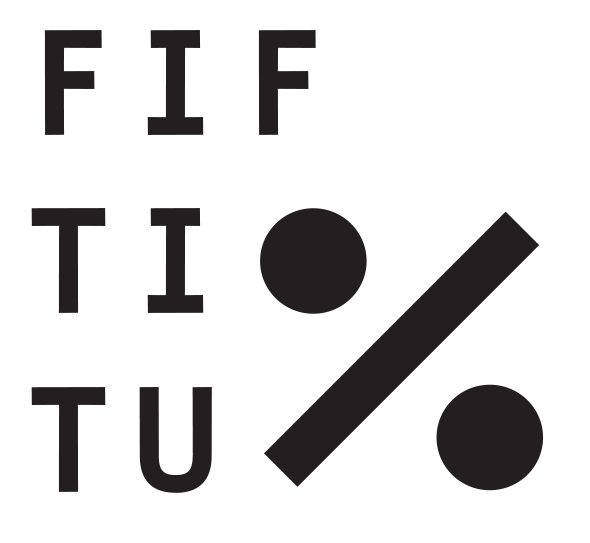Kulturentwicklungsplan Linz
For a symmetry of the sexes
In a concept of culture that understands culture both as an individual element of life and as a principle for shaping society, gender equality policy must play an important role. Because only through gender democracy and the abolition of discrimination against women can it be ensured that society is committed to democratic, humane and tolerant principles in line with the content criteria of the CDP (see chapter "Why a cultural development plan")
Although rarely openly discriminated against anymore, women are still disadvantaged in the cultural and arts sector. Works by female artists are exhibited, performed, presented or published less often than those of their male colleagues, regardless of their quality. The same applies to commissioned works and prizes. Women are rarely to be found in leading positions in institutions. A KUPF study from 1997 confirms this: the more social recognition and power is involved, the lower the proportion of female prize winners, project directors, etc.; the higher the endowment of an award or prize, the lower the proportion of women.
Achieving the goal of gender equality therefore requires concrete promotion through action plans, mainstreaming and other instruments. The EU Treaty of Amsterdam stipulates "gender mainstreaming" as a principle for gender equality policy. This stipulates that gender equality must be part of all general political concepts and therefore naturally also of cultural policy.This is not the only reason why the City of Linz is taking measures to promote gender equality through cultural policy. The special promotion of women also offers the opportunity to consolidate the reputation of a modern city of culture, media and technology through a pioneering role in this area and
to add a central dimension
to add a central dimension.
Parity
In this context, the rapid inclusion of women in decision-making processes is particularly important in order to ensure that values, cultural and artistic positions, women's specific interests, life experiences, etc. become part of the decision-making basis. Become part of the basis for decision-making. Municipal institutions, including outsourced companies, are therefore obliged to actively look for qualified women when filling vacancies.
In all job advertisements, the principle applies that women are to be given preference if they have the same qualifications. The medium-term goal is to achieve a quota of 50% women in management positions.
Another measure to promote women in the arts and culture sector is the equal representation of women on all juries, advisory boards, boards of trustees and other committees.Financial parity should also be achieved in project commissions, awards, grants and scholarships - depending on the quality of the work. Corresponding concepts for implementation must be developed.Expert Women's Advisory BoardIn order to monitor the implementation of all suggestions and measures, the city and state will jointly appoint an expert advisory board (based on the model of the design advisory board), which will evaluate the fulfillment of the targets at regular intervals. The broadly diversified composition of this committee (representatives of cultural initiatives, institutions, science and art) is intended to lend emphasis and media attention to the demands. The Expert Advisory Board works closely with the City Cultural Advisory Board and reports to it on a regular basis.
It also has the task of developing long-term strategies for the advancement of women. Together with the institutions, the Expert Advisory Board can develop measures to increase the participation of women in the programme and organizational areas.
Networking office for women
Supporting and in cooperation with the Expert Advisory Board, an independent networking center for women in art and culture (infrastructure, project work, networking activities, etc.) will be set up jointly by the city and province. This networking center also develops and coordinates the implementation of innovative projects for researching and presenting models for an equal society. It has a specific budget for the allocation of funding for the concept development and implementation of women-specific art and culture projects.
In general, scientific, cultural-theoretical and cultural-political work by women is increasingly promoted. Prizes and scholarships to promote women's and cultural policy discourse could be offered in collaboration with universities, educational institutions and women's organizations.
The network office would also take on the following tasks: central information point on women in the arts and culture sector, lobbying for women, coordination and creation of theoretical/scientific works, creation of a database of female artists, mediation work, events, management of a mailing list, EU contacts, etc. It is not responsible for funding grants, purchasing works, etc., which must continue to be handled by the relevant structures.
